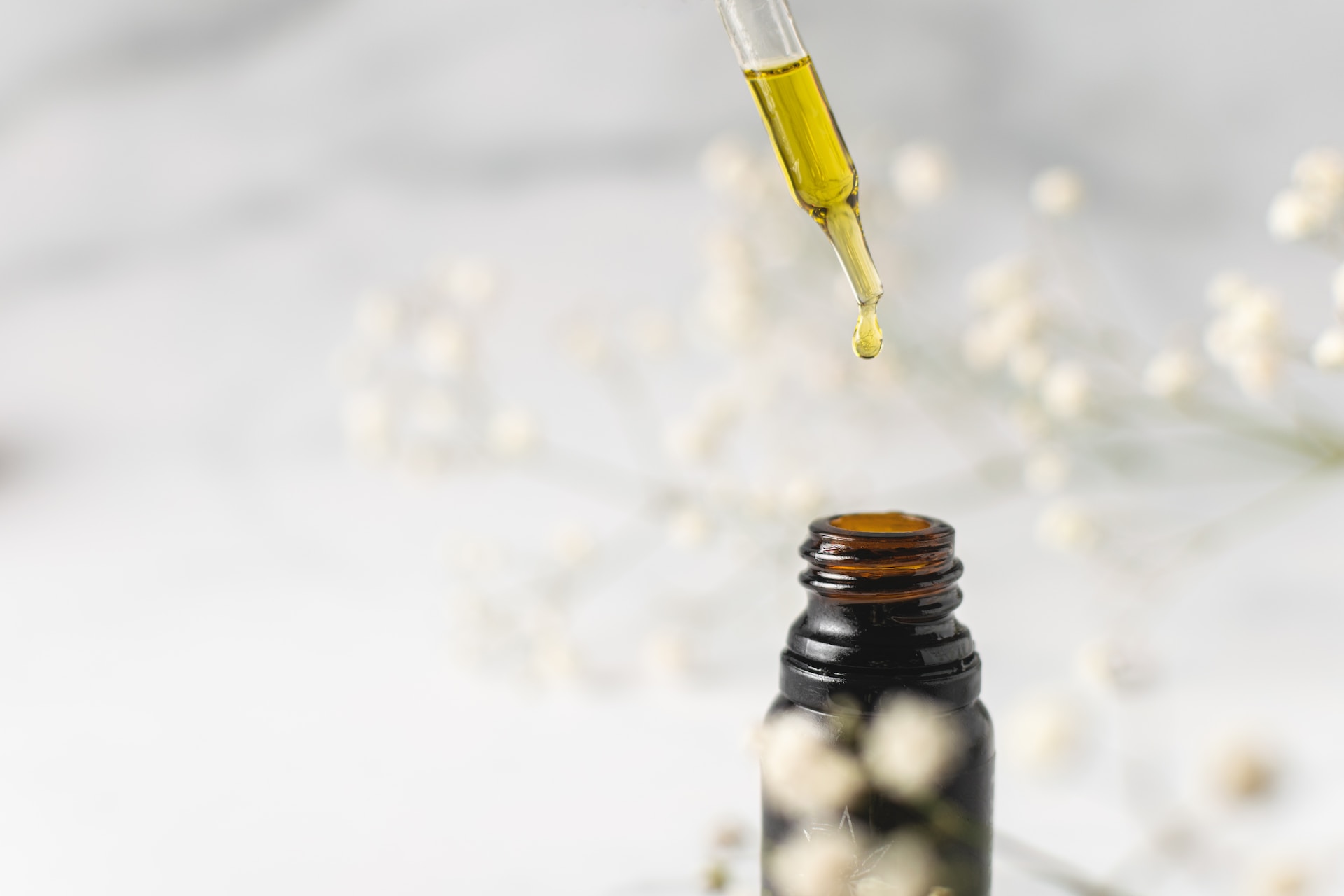CBD Dictionary: Common Terminology
If you’re using a CBD product now or plan to use one, make sure you understand CBD terminology. Knowing common terms helps to make you an informed consumer, and will help you avoid the confusion that can be caused by CBD slang.

Common Terms
Active Ingredients: An active ingredient is any substance that interacts with chemicals or systems in your body. CBD and THC are two active ingredients that interact with the Endocannabinoid System. Many botanicals include unique active ingredients.
Biomass: Stems, fibers, wax, water leaves, and other inert parts of the hemp plant that form its bulk.
Broad Spectrum: In CBD terminology, this term tends to be slang for any type of CBD that includes compounds associated with a full spectrum product, but without the THC. It is designed to provide full spectrum benefits without turning up positive for THC on drug tests.
Cannabidiol: This chemical, or CBD, is one of over 100 cannabinoid compounds found in hemp extract. Cannabidiol may provide relief from a number of afflictions and conditions, and has been under clinical study since 2019. CBD is the acronym for this non-psychoactive compound.

Cannabinoid: CBD terminology includes references to chemicals that interact with the human Endocannabinoid System. These are called cannabinoids and include cannabidiol (CBD) and tetrahydrocannabinol (THC). Both are active ingredients derived from hemp, but only THC is psychoactive. Of the nearly 500 compounds found in hemp, at least 66 are recognized as cannabinoids, and the number may be much higher.
Cannabinol: This compound, or CBN, is a cannabinoid that is formed when THC breaks down. It is slightly psychoactive and may provide benefits similar to THC and CBD. Hemp does not contain significant quantities of CBN.
CBD: Slang or shortened term for Cannabidiol. CBD terminology includes similar abbreviations for other noteworthy chemicals.
Delta 8 THC or Delta 9 THC: These are specific chemical designations for two forms of THC that get people high. Full-spectrum products may carry up to 0.3% THC.
Edibles: A consumable product containing CBD.
Endocannabinoid: A cannabinoid produced within the human body is called an endocannabinoid.

Endocannabinoid System (ECS): Your endocannabinoid system interacts with your nervous system. The ECS is comprised of endocannabinoids, receptors that interact with them, and enzymes that break them down. The ECS is thought to play a major role in regulating traffic through neurotransmitters. Research suggests it may support the immune system, help regulate the digestive system, and manage pain. The ECS may also influence mood, and sleep quality and length.
Entourage Effect: This term pops up frequently in THC and CBD terminology. It’s the name of a theoretical effect that can occur when a group of chemicals works in synergy. Multiple chemicals, compounds, nutrients, and enzymes work in concert to provide benefits different or greater than those provided by any single component. While the effect may be demonstrable, it is not well understood.
Extract: A concentrated solution of vital elements collected from a plant, minus the inert biomass. It can be collected by a variety of techniques.
Full Spectrum: This is standard CBD terminology to describe a form of CBD that contains a blend of naturally occurring compounds ranging from chlorophyll to minute levels of THC and other phytocannabinoids.
Hemp: A form of cannabis rich in fibers and biomass, and low in THC content.
Hemp Derived Oil: The product has been extracted from the hemp plant, not the hemp seed. Hemp derived oil is very different from hemp seed oil.
Hemp Oil/Hemp Seed Oil: Frequently used in CBD slang to describe hemp seed-derived oil.
Isolate: A pure form of CBD that contains no THC and no additional organic compounds. It is the product of multiple refinement processes.
Phytocannabinoid: In CBD terminology a phytocannabinoid is a cannabinoid produced by hemp. They are most abundant in strong and healthy hemp plants near the end of their flowering stage.

Tetrahydrocannabinol (THC): This compound is a psychoactive ingredient in marijuana. It is nearly absent in hemp, appearing only in low concentrations.
Tincture: Tinctures are a liquid mixture of active ingredients. Tinctures are often meant to be taken internally, but may also be used in creams, salves, and ointments.
Whole Plant: This term is somewhat inaccurate CBD terminology to describe using the cannabis flower and associated bracket, where active ingredients are concentrated. The entire plant (roots, water leaves, stalk) is not used, only a select portion.
More Terms To Come
The CBD industry continues to evolve, so terminology and CBD slang will evolve too. Who knows what acronym or term will be attached to the next newly discovered cannabinoid? Only time will tell, but Sound CBD will be along for the journey every step of the way.


